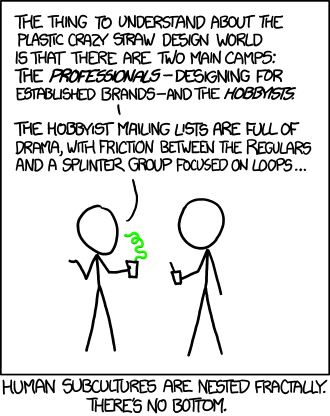Tell Me Why is probably the highest profile example of a trans character in video games. Not the biggest game to feature a trans character, nor the game that places the most focus on trans characters, but something in the middle. A game with a trans protagonist, but not about trans issues, which was made by a medium-sized studio.
I didn’t think I would be playing this one, because I did not care for the writing in DONTNOD’s seminal game Life is Strange. But, there’s a free giveaway for the month of June on Steam. Furthermore, I was intrigued by the controversy around the game, most clearly expressed by Dia Lacina’s review, “‘Tell Me Why’ Smothers Its Representation in Bubble Wrap“. Despite Lacina’s critical stance, it only made me more eager to form my own opinion.
cn: mild spoilers for events in the early game
[Read more…]


